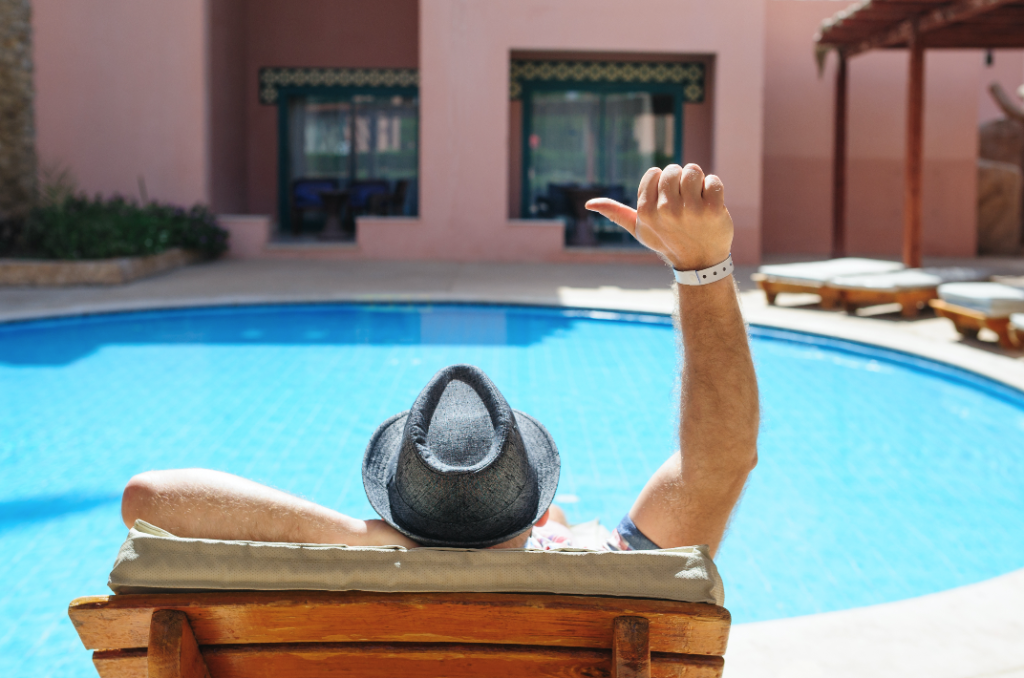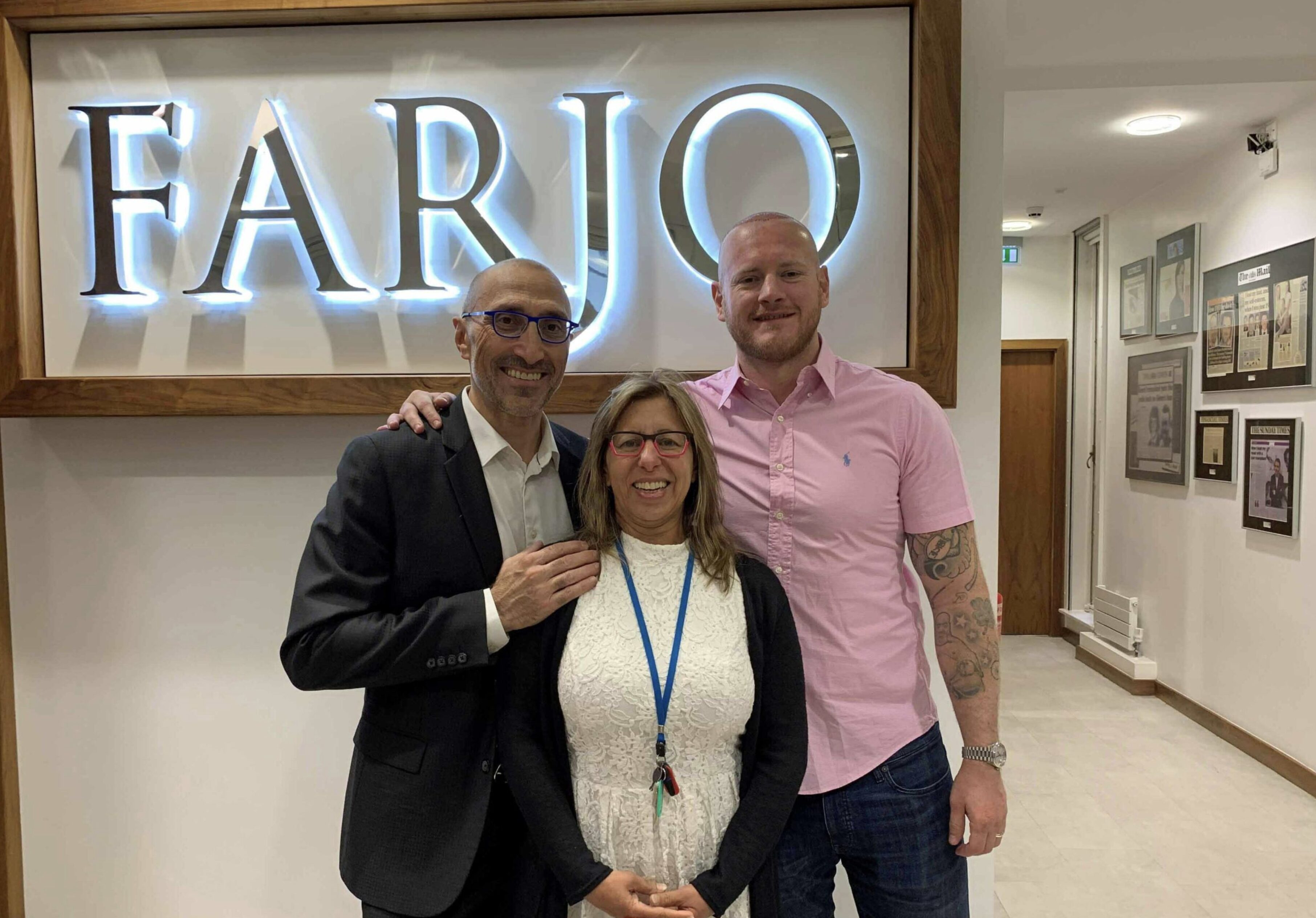
Holiday hair: Looking after your hair transplant
6th July 2018
So, now we know the best ways to protect our hair from summer damage – but what about if you’ve recently had a hair transplant? There are so many factors to take into consideration if you’re thinking about undergoing surgery, such as cost, recovery time and aftercare, so it’s crucial that you are informed about all elements of the procedure. We’re frequently asked if the weather affects hair transplants, so if you’re considering a hair transplant during the summer months, or booking a holiday soon after surgery, here’s what you’ll need to think about…
Perspiration
Naturally, we all sweat more during the summer, and the good news is that it shouldn’t have any negative impact on your hair transplant. However, it’s important to keep the area as clean as possible as it can increase your risk of infection – ideally you should start washing your hair and scalp 24 to 48 hours after surgery or as instructed by the surgery team. We don’t recommend strenuous exercise until at least a week after the surgery, and then ease yourself into it.
Sun
Your scalp will likely feel numb following the surgery for a number of weeks, so you’ll need to be more cautious in the sun. With full sensitivity of the skin not returning to normal for a couple of months or so, it may be hard to appreciate how strong or hot the sun is! Consequently you may burn your exposed scalp without realising it. This may not necessarily be damaging to your hair in the long term, but may certainly affect the recovery phase.
The sun’s UVA waves can also penetrate the surface level of the scalp – the epidermis – and damage the deeper tissues and unhealed follicles, even if the epidermis has already healed. Once the incisions have fully healed, you should use sunscreen on your scalp, but it may also be wise to wear a protective hat.
Swimming
As tempting as it may be to jump straight into the pool, we recommend avoiding chlorinated water until the scalp has healed to avoid unnecessary damage to the hair grafts. As for the sea, although salt water is a good disinfectant and can help the healing process, it’s hard to know how polluted the ocean is which could potentially put you at risk of infection. The rate of healing varies from person to person, but it’s best to err on the side of caution for the first couple of weeks and stay out of the sea. Some diving techniques can also put strain on the scalp if the surgery was strip FUT, such as any position where the chin is drawn towards the chest, and so should be avoided during the healing process.
Post-operative care is vital following a hair transplant, so make sure you consult your doctor if you have any concerns. If you’d like to find out more about the treatments we have on offer, get in touch with us.


